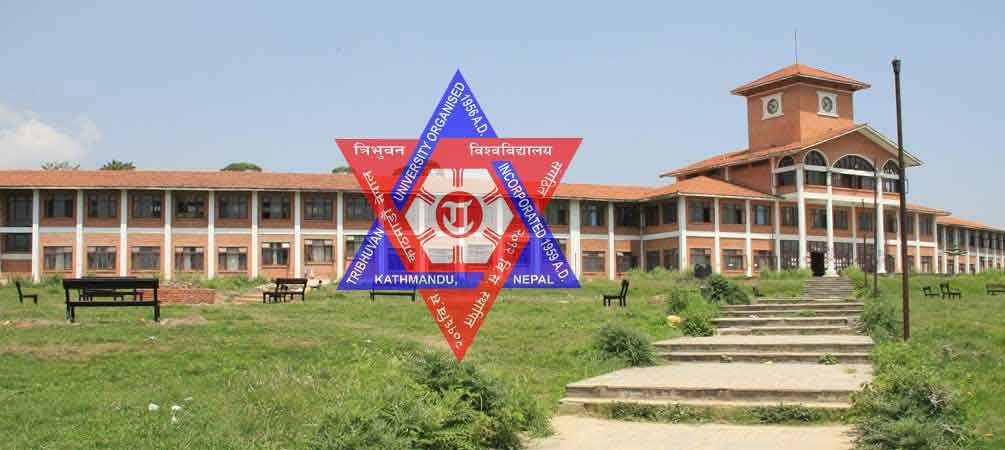
Tribhuvan University Initiates Comprehensive Reform Plan
Focus on Academic, Administrative, and Financial Reform
Tribhuvan University has initiated groundwork to improve the overall academic, administrative, and financial status of the university. This preparation has been undertaken by considering the changing political context of the country and the market demand for timely reforms at Tribhuvan University.
The university has given first priority to revising the bachelor-level curriculum. Tribhuvan University has stated that it is working to revise the curriculum in such a way that students graduating at the bachelor level are able to compete in the employment market.
Focus on Bachelor-Level Curriculum and Competitiveness
Vice-Chancellor Prof. Dr. Dipak Aryal stated that the university is moving ahead with the goal of developing a curriculum comparable, at minimum, to leading universities in India. According to him, the plan is to implement the new curriculum within one year.
He further mentioned that, in the coming days, they will work intensively for at least four to five days in closed sessions to focus on course design and see how much can be achieved.
Alongside the development of the new curriculum, Tribhuvan University is preparing to conduct teaching at the bachelor level for all faculties and subjects under the semester system.
Expansion of the Semester System
At present, most postgraduate programs are being conducted under the semester system. However, at the bachelor level, only some faculties and subjects are taught under this system.
Vice-Chancellor Aryal stated that the current focus is to bring all bachelor-level studies under the semester system. Tribhuvan University has also clarified that there is no plan at this time to reduce the existing four-year bachelor’s degree to three years.
Context of Unemployment and Academic Delays
In recent years, the unemployment rate among graduates from universities in Nepal has increased. As a result, the trend of students going abroad immediately after completing Grade 12 has also risen.
After the bachelor level was extended to four years, students have faced additional challenges. Due to delays in timely teaching, examination conduction, and publication of results, it sometimes takes up to five years to complete a four-year bachelor’s program.
Taking into account the changing situation of the country and these concerns, Tribhuvan University has placed curriculum revision as a priority.
Consultation with Education Minister and Emphasis on Research
On the issue of university reform, Tribhuvan University officials have already held discussions with the Minister for Education, Science and Technology, Mahabir Pun, who also serves as Co-Chancellor of the university.
After his appointment as Education Minister, Mahabir Pun instructed university officials to immediately bring forward a plan for necessary reforms at Tribhuvan University. He has emphasized giving priority to research within the university.
Tribhuvan University’s Role in National Higher Education
As the largest and oldest university in the country, Tribhuvan University currently bears the responsibility of educating more than 80 percent of all students enrolled in higher education across all universities in Nepal.
Upcoming University Senate Meeting
Tribhuvan University has scheduled a meeting of the University Assembly (Senate) for Mangsir 10. Approval for conducting the assembly has already been obtained from the Chancellor of the university, who is also the Prime Minister, Sushila Karki.
The Senate meeting is expected to endorse policies and programs related to the university. This is the first Senate session being convened after the formation of the government that emerged on the strength of the Jenji movement.
It is expected that, in line with the changing context, the Senate will take important policy decisions concerning Tribhuvan University.
Tribhuvan University

